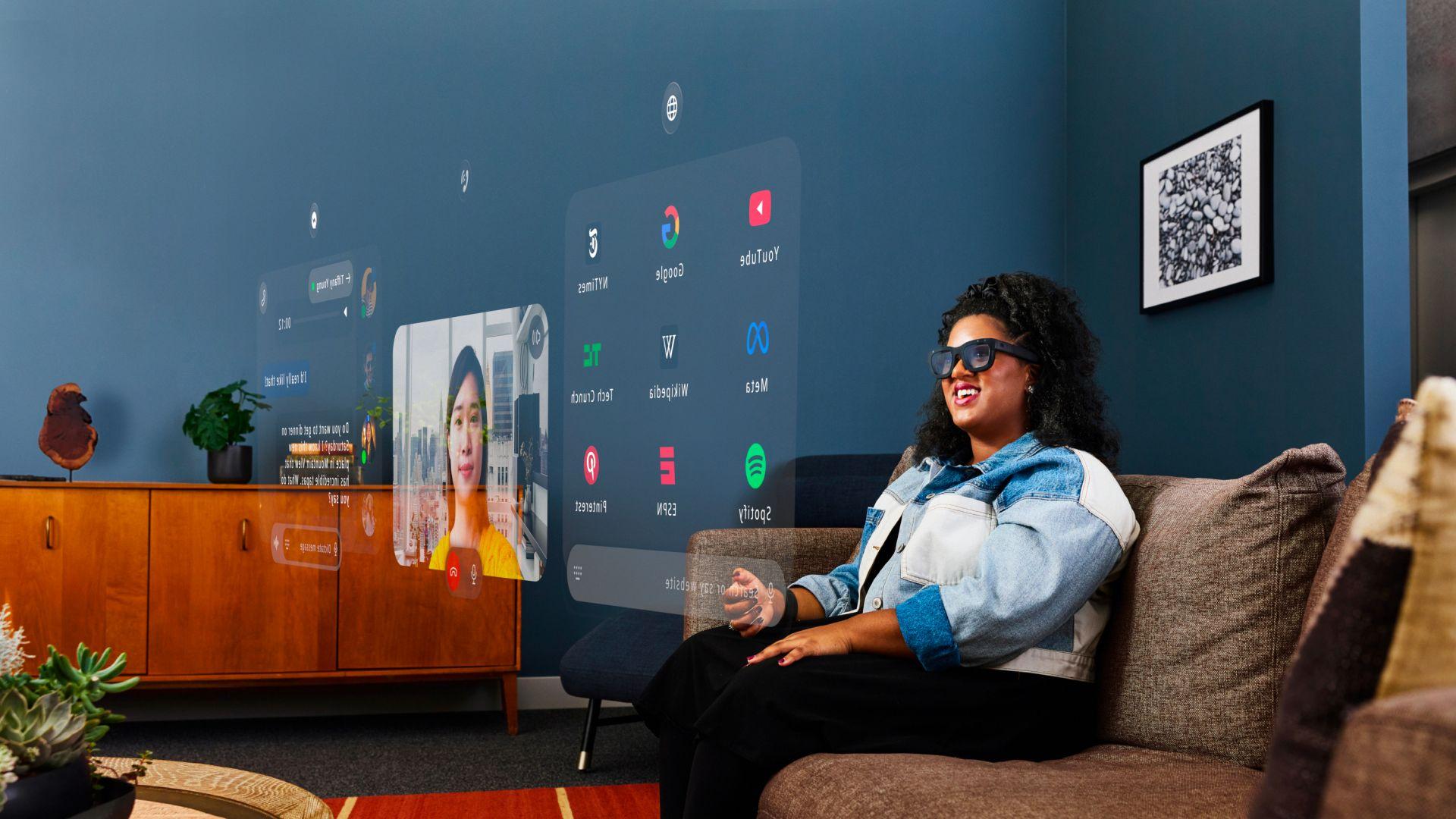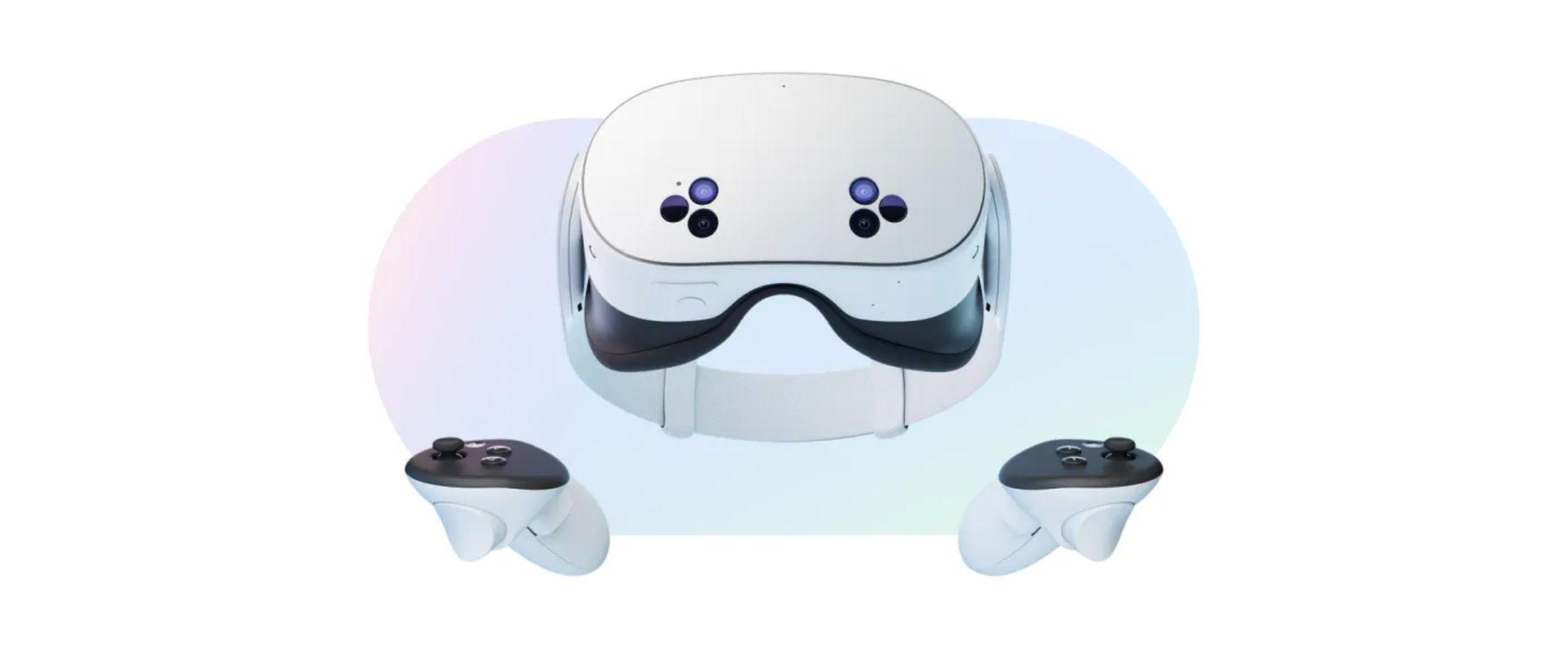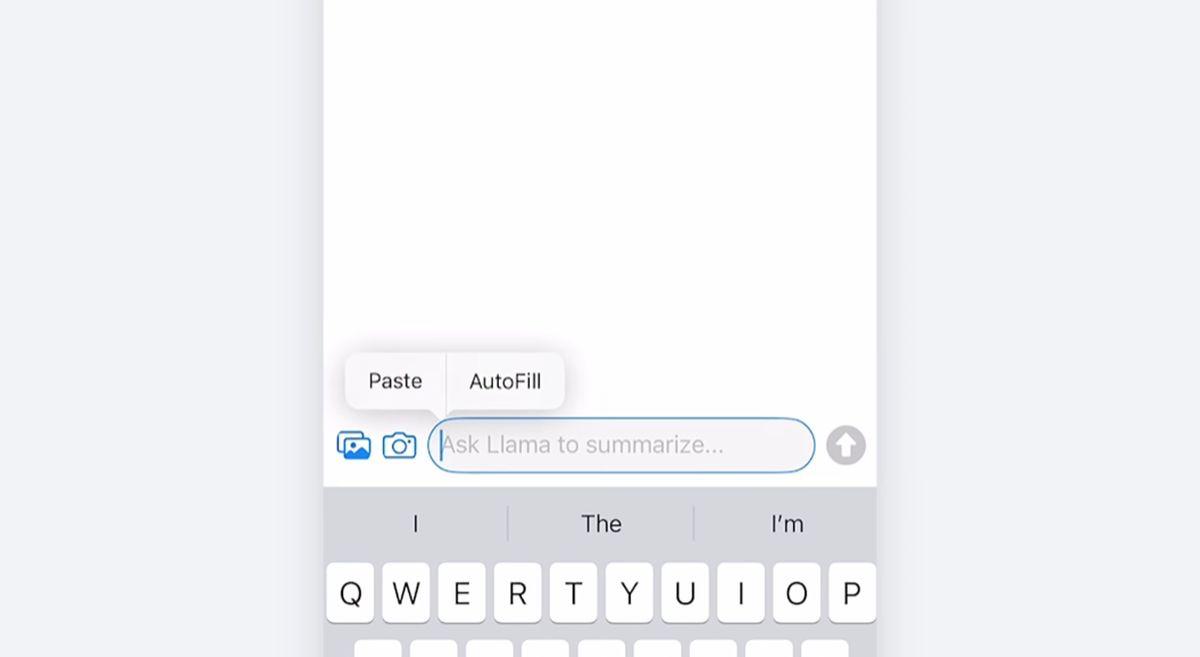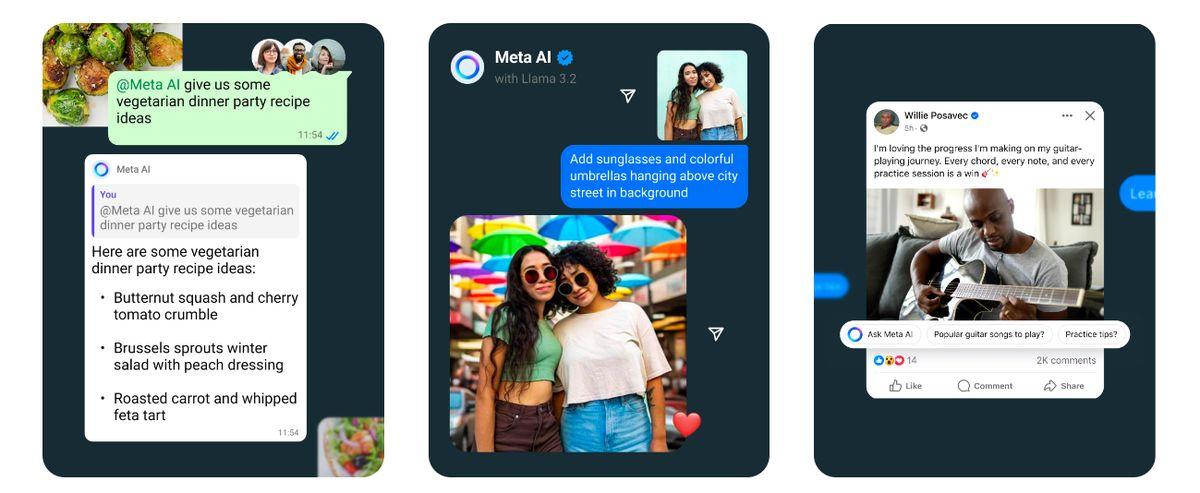The founder and CEO of Meta presented a number of major changes that align with company’s two main directions at Meta Connect 2024: AI and AR. The event is a forum for developers and provided insight into several hardware and software releases that are pointing Meta toward an AR/VR future, from glasses to headsets to the new artificial intelligence models.
Orion AR glasses at main stage
The biggest launch at Meta Connect 2024 was the Orion AR glasses. Marketed as “the most advanced glasses the world has ever seen,” Orion represents a leap forward in Meta’s efforts to lead in the AR space. These glasses also claim to deliver hand-tracking, eye-tracking and the most distinct feature is a neural interface that can communicate with the user’s gesture, are more natural. Despite the fact that the Orion glasses have not been released on the market, Meta has already placed them within the sphere of necessities in terms of augmented reality. Equipped with Micro LED projectors and generative AI that can superimpose data onto objects, the glasses can point at ingredients on a table.
The early testing phase has even led to recommendations from some great tech minds such as the Nvidia CEO Jensen Huang. Orion establishes Meta’s desire to bring the fully immersive world closer to the physical environment through elements like wireless compute puck and the neural wristband. However, these advanced features come with a caveat: Orion is not yet expected to be available to the consumer market soon. With this, Meta is betting big on the future of these holographic AR glasses to define the future of digital contact.

Meta Quest 3S and discontinuation of Quest 2
Alongside the Orion, Meta launched the new Quest 3S VR headset, which will be a less expensive product compared to the Quest 3. The latest version, the Quest 3S, costs $299 for the 128GB version and is designed to democratize tetherless VR. While it does not have the depth sensor or the improved resolution of its more expensive sibling, the Quest 3S is equipped with the same Snapdragon XR2 Gen 2 chip and Touch Plus controllers.
To begin with, to simplify its VR portfolio Meta stated it would stop production of the Quest 2 and Quest Pro headsets. The Meta Quest 2 is expected to receive a dedicated next-generation successor in October 15th this year; thus, the original Quest and Quest 2 will be discontinued by the end of the year. This is a significant move for Meta’s VR plans in particular, and future proofed experiences at an affordable price.

From Llama 3.2 to celebrity chatbots
AI continues to form a key part of Meta’s strategy. At this year’s Meta Connect, Zuckerberg introduced Llama 3.2, a new version of a widely known AI model from the company. The new version not only improves language-processing functionality but adds visual-processing functionality as well. Among them, the models of Llama 3.2, for example the 11B and 90B, can interpret charts, analyze images and even know where objects are within a photo.
It brings Meta AI to the same level as rivals OpenAI and Google, who have been providing this visual processing feature for the last year.
It also made its AI receptive and entertaining by joining in celebrities’ voices into its AI assistant, as part of Meta. Voice decisions copied from famous personalities such as Dame Judi Dench, John Cena and Awkwafina are available in Facebook and Instagram for users of Meta to engage with. These personalized voices provide a far richer user experience by default – whenever text message tools like Messenger, WhatsApp, or Instagram now support voice.

Enhancing reality with Ray-Ban smart glasses
Meta’s continued partnership with Ray-Ban also came into focus during the event It also presented a series of improvements to the Ray-Ban Meta smart glasses. These glasses now include key developments of real-time AI video processing and the capability to respond to questions by the user about objects in the view. Other improvements are real-time translator that supports translation between many languages including English and Spanish and all the Music/Oval applications like Amazon Music and Audible.
This article is reflection of Meta team’s effort in trying to make AR and AI wearable devices everyone may use in their daily life present in the smart glasses called Ray-Ban Meta. Because such glasses are capable of setting reminders and recognizing real-life objects in the same real-life context they are as close as one can get to becoming a viable consumer product.

Meta AI in social media
The trend of AI doesn’t limit itself to virtual and augmented reality spaces. Currently, Meta AI produces content across apps such as Facebook and Instagram. The new “Imagined for you” feature allows users to see AI-generated images based on their interests or trends. It can even incorporate the user’s face into scenarios like “an enchanted realm,” bringing personalization to new heights. The messages are all created using AI, and represent Meta’s ongoing drive to boost interaction and provide people with new ways of engaging with feeds.
On the creator side, Meta is working on an AI translation and dubbing tool that will translate and use creators’ lips for the content in the U.S. and Latin America. Another great feature, available at the moment only between English and Spanish languages, can entirely change the way artists and owners of various creative works can address the global audience regardless of the language barriers.

The evolution of gaming on Quest
Gaming enthusiasts were also treated to a range of new experiences for the Quest platform, including Batman: A project named Arkham Shadow and a Wordle VR game, Wordle being a quite famous word puzzle game. These games, along with other titles like Alien: Rogue Incursion, in particular, emphasize Meta’s desire to make its VR headsets more universal for entertainment. The decision to bring Wordle in VR for free without the subscription was something quite out of left-field but fun to include among the games.
Meta’s vision: Bridging AI and AR
Meta Connect 2024 presented to the world the company’s desire to make it the pioneer of both AI and AR. From the release of the Orion AR glasses we seen Meta is attempting to make all of these technologies available and accessible to the general public. While Zuckerberg and his team are experimenting, inventing and pioneering new possibilities, the viability of Meta in the long term will rely with its capacity to convert these changes into popular consumption goods.
Featured image credit: Meta






